Estela (Restaurant) - Estela
Here you can read online Estela (Restaurant) - Estela full text of the book (entire story) in english for free. Download pdf and epub, get meaning, cover and reviews about this ebook. City: New York, year: 2018, publisher: Artisan, genre: Home and family. Description of the work, (preface) as well as reviews are available. Best literature library LitArk.com created for fans of good reading and offers a wide selection of genres:
Romance novel
Science fiction
Adventure
Detective
Science
History
Home and family
Prose
Art
Politics
Computer
Non-fiction
Religion
Business
Children
Humor
Choose a favorite category and find really read worthwhile books. Enjoy immersion in the world of imagination, feel the emotions of the characters or learn something new for yourself, make an fascinating discovery.

- Book:Estela
- Author:
- Publisher:Artisan
- Genre:
- Year:2018
- City:New York
- Rating:4 / 5
- Favourites:Add to favourites
- Your mark:
- 80
- 1
- 2
- 3
- 4
- 5
Estela: summary, description and annotation
We offer to read an annotation, description, summary or preface (depends on what the author of the book "Estela" wrote himself). If you haven't found the necessary information about the book — write in the comments, we will try to find it.
Estela — read online for free the complete book (whole text) full work
Below is the text of the book, divided by pages. System saving the place of the last page read, allows you to conveniently read the book "Estela" online for free, without having to search again every time where you left off. Put a bookmark, and you can go to the page where you finished reading at any time.
Font size:
Interval:
Bookmark:
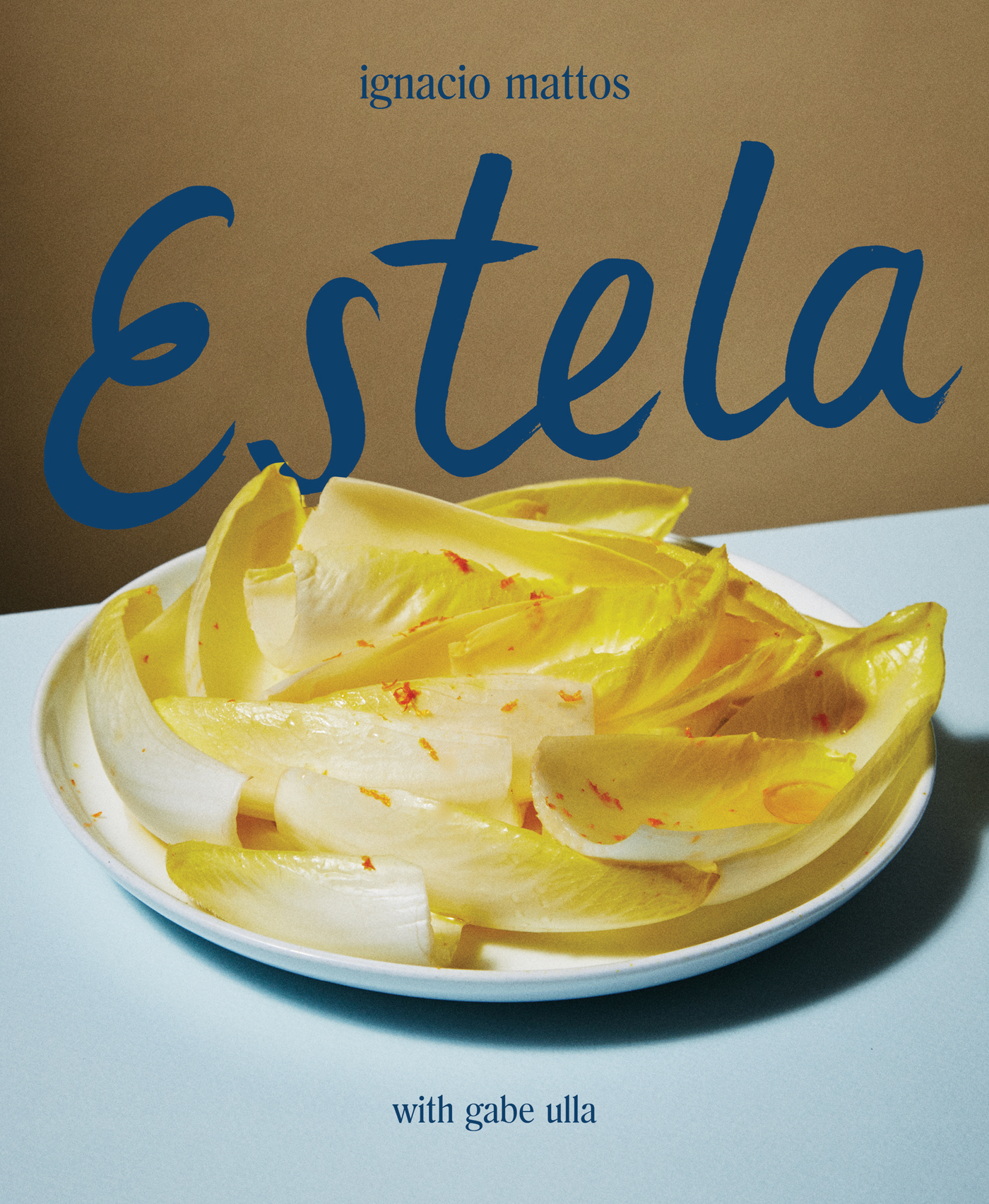


with gabe ulla
photographs by marcus nilsson

contents
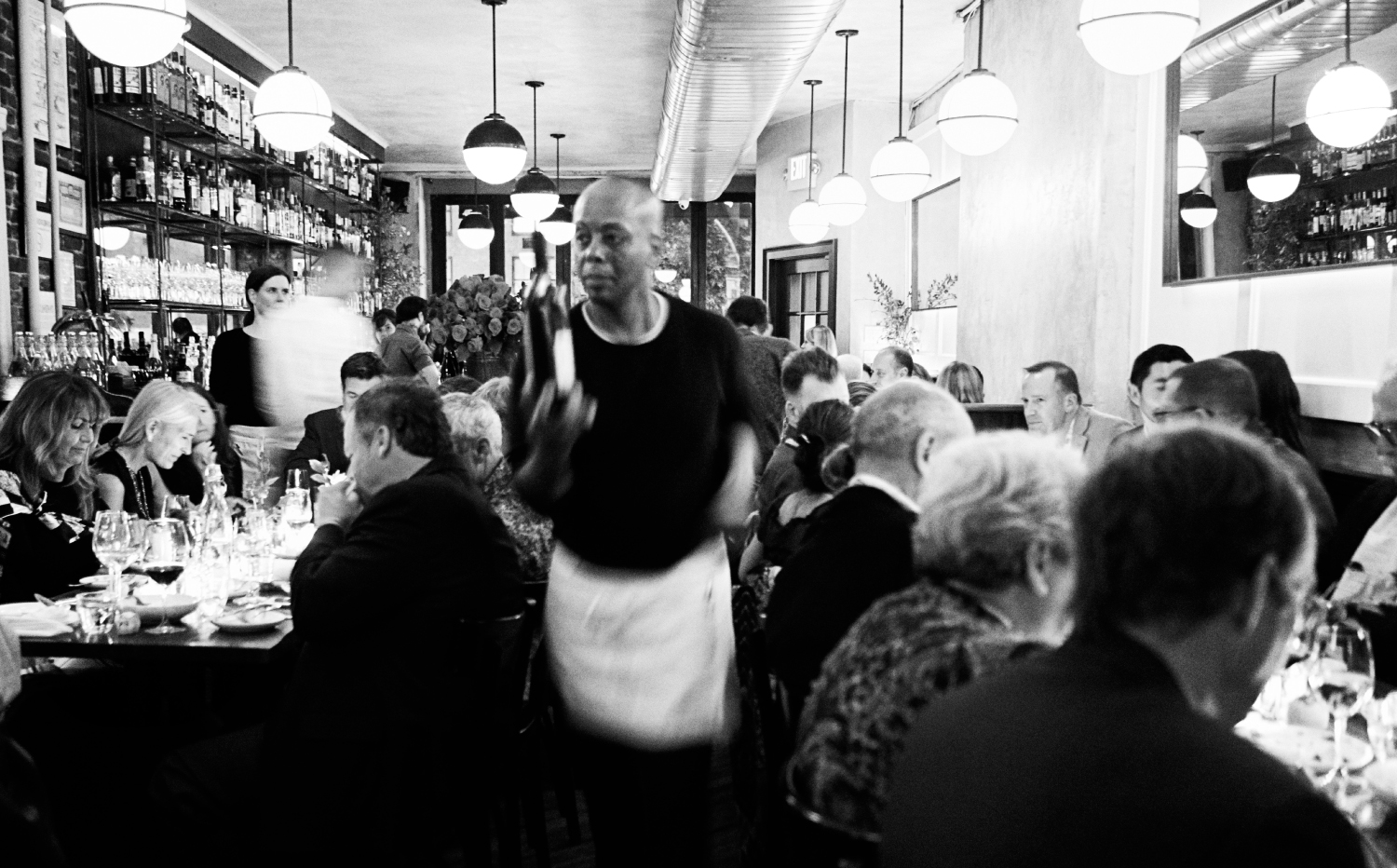
an immigrant cooking
Ive never been too comfortable talking about my cooking because I hope, in a way, that it can speak for itself. That has always been the idea, making food that doesnt require much explanation to convey emotion.
That said, of course theres a story behind it.
Im from Uruguay, a country with a history of colonialism and immigration, the story of many places. In our case, because of eradication, we lack the rich indigenous representation of other South American nations. Nowadays, were three million or so people and twelve million cows. Its a quite progressive society, and even though the country is smaller and less populous than the state of Utah, we claim the glory of two World Cup soccer championships. Still, many of us are born with a chip on our shoulders: Theres not much mathematical logic to the successes weve had, and our neighbors are more famous than we are. More than anything, though, Id say that Uruguayans have a distinctly noble, humble, and laid-back way about them that resonates.
Growing up in a small town outside of Montevideo and a short drive from my familys farm was a pretty ideal environment for a kid like me. Between endless adventurescanoeing, fishing, hitchhiking on trains, stealing apples from another familys orchardand some not-so-wonderful family moments, wed always have to be on time for meals. On weekends, wed do long lunches and asados (barbecues), when wed eat all kinds of meat. During the week, my grandmother Ercilia would handle most of the cooking, but sometimes my mother would take over for her. Ercilia had her staples: hand-rolled pastas, milanesas, pasqualinas, tortillas, mostly recipes in the Spanish and Italian tradition since that is her heritage. To this day, I dont think she has ever followed a recipe. We all gravitated toward the kitchen, and, as it is in most families, we had to do our part, either to set the table, grate cheese, or, of course, wash the dishes. Most of the time, I would be responsible for making the salad. I never saw this as a chore; Id get an idea from a homemaking manual and then prepare it my way, doing the best I could.
The table was where everything happened: where we talked about family issues, annoying town gossip, and politics. There were often heated discussions and arguments but not what I would necessarily call dialogues. Pretty frequently, the situation would heat up and at times even blow up, but everyone would stick around to finish the meal and forget it ever happened. I would later discover that this kind of dysfunction wasnt limited to us Latins. The table is where I had my first glass of wine outside of a church. This wasnt because it was offered to me but because I found my way to it. Drinking a splash of wine was fine with my family, but as I grew up, my persistence on other matters and what you could call my idiosyncrasies could get me into trouble, especially in a small town where there wasnt much room for a bored teenager, where being even the slightest bit weird was discouraged. Eventually, finding a way out was quite easy: At sixteen, I got shown the way out.
The early part of the journey was made up of nights on the beds and couches of dear friends (some random ones, too), in backseats of cars, on many lonely bus and train rides. I enrolled in culinary school mostly because it was familiar: For years, I had given my mother, Gloria, and my grandmother a break in the kitchen. And I recalled that someone, somewhere, had said to me that I could do the work anywhere I wanted. (I had considered art school, as well as a professional soccer career, but I had always struggled following rules and I didnt have any figures in my life to motivate me on either of those paths, anyway.) My first experiences were in questionable kitchens run by people whom I got on with fine, but whose work was not driven by passion and certainly not by love.
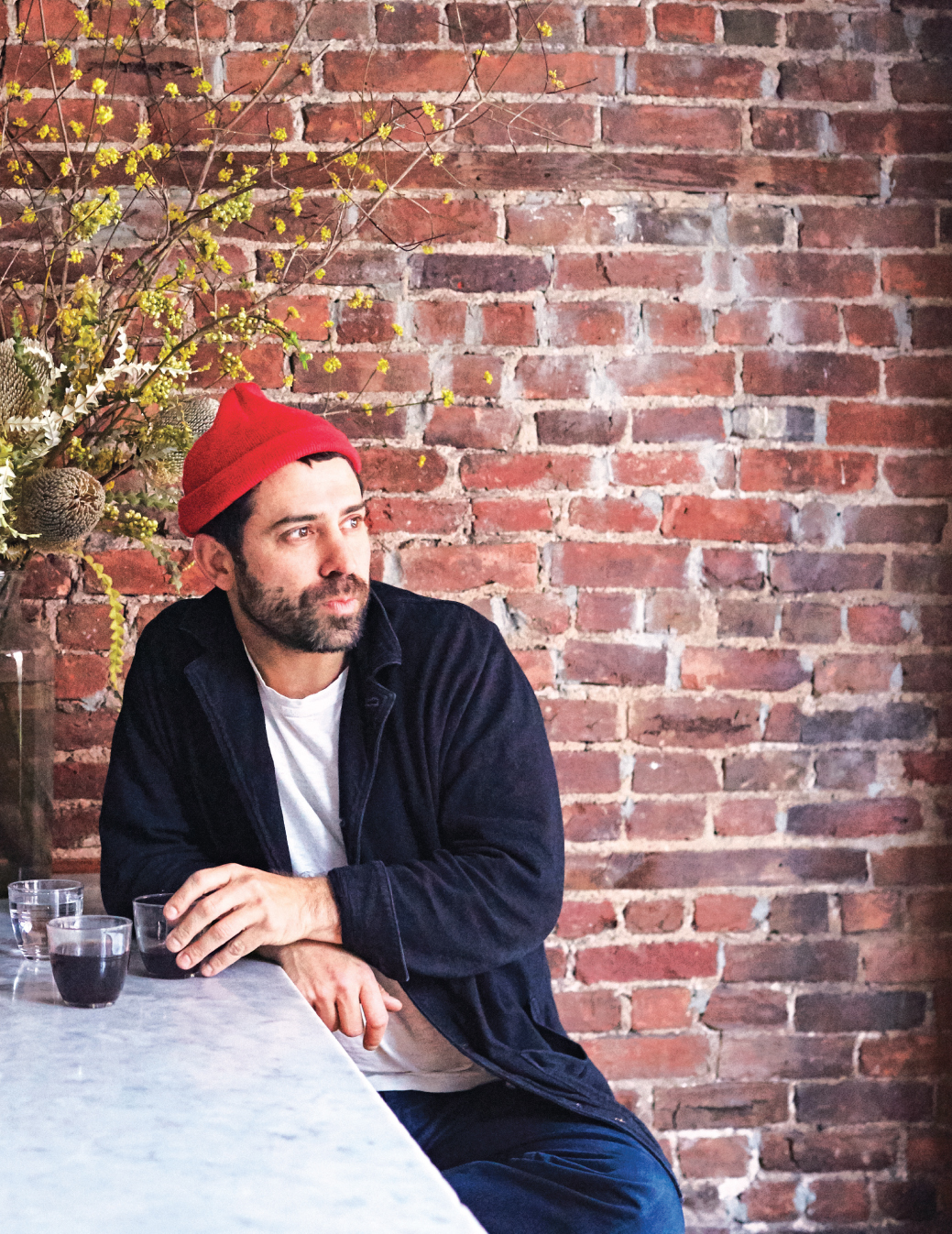
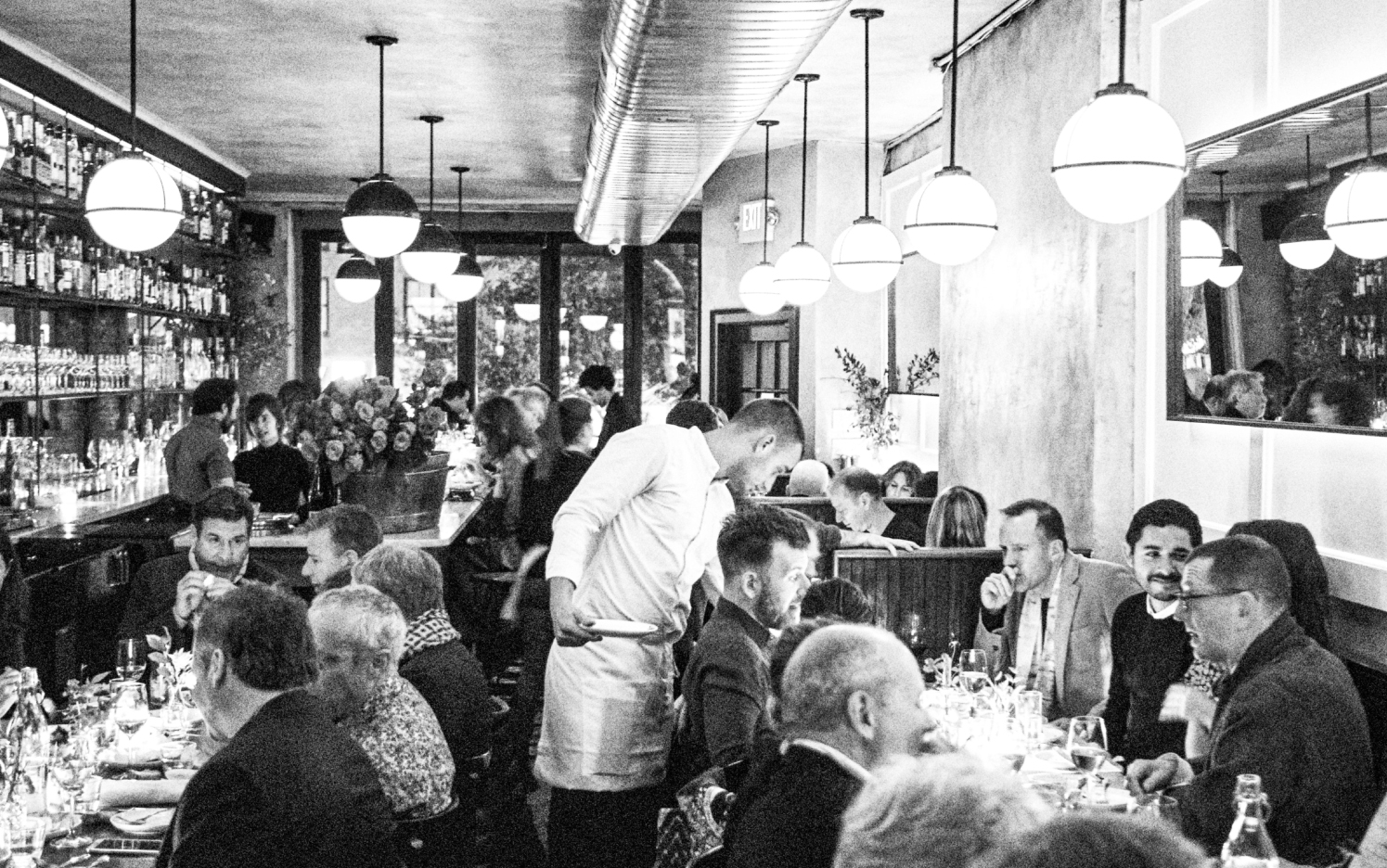
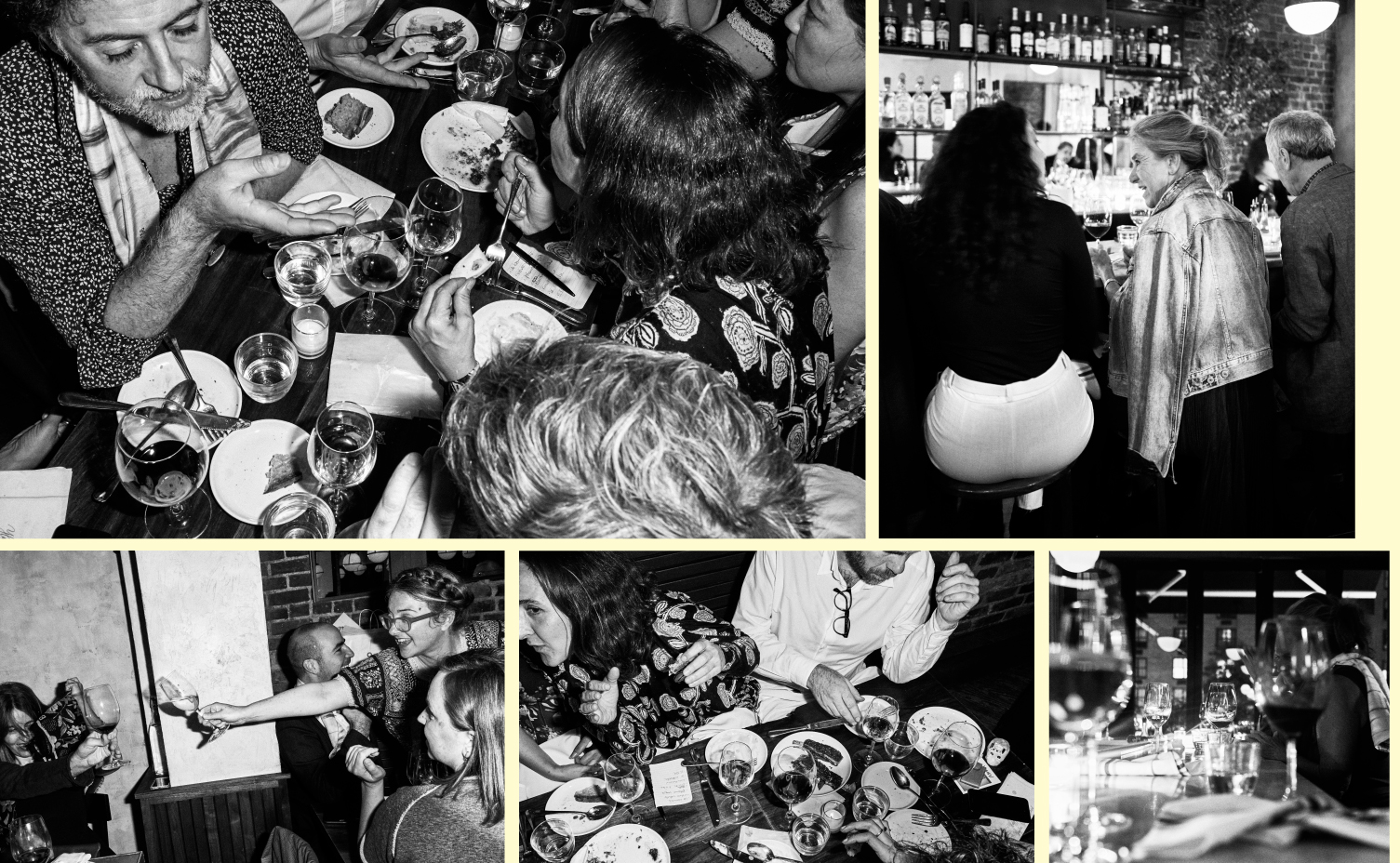
Then I met Michel Kerever. I had no idea who he was. He had been hired by the hotel in Montevideo where Mnicawho worked at the office of my culinary school and I think noticed my initiativesent me to intern. The first French person I had ever met, Kerever was also the first person who wasnt working but doing what he loved, the first true chef. Tens of thousands of miles from Paris, he was in his element, wearing a shirt and tie under his white chefs coat, with perfectly shined shoes (not a look I ever aspired to, but his disciplined style struck me). He would arch himself forward and dive his entire head into steaming pots and pans to get a sense of how a soup was coming along, shouting in a language that no one around him understood but that really appealed to me. It wasnt just the smelling and tasting; it was the way he looked, touched, listened, and felt in a frantic way that was anything but random. It was his posture and a stare, when he would press his glasses to his face, that told you he could see and sense everything around him. It was his commitment and intensity. Most of the times that I tried to do more than I was told to, hed bat my hand away. But one morning when he disappeared to charm so-and-so, I flipped the vegetables for his ratatouille and tourned vegetables. He came back, and to his surprise, I did these tasks well, and he commended me with a Trs bien followed by, this time, an encouraging tap. This is when I decided that for me cooking would never be work, and I should make abundantly clear that it never has been since.
I had no idea who Francis Mallmann was, either, but Mnica sent me to Los Negros, his restaurant in the popular Uruguayan beach town of Jos Ignacio. It was perhaps the most beautiful of his places. Francis, in his way, described it recently as a shabby palace of grace. He had a fun record collection and an impressive library that included first editions from all sorts of writers, many that I already loved, as well as works by the British cookbook author Elizabeth David, which I had never read before and took me to countries I had never been. I was embraced by the intimate group of people who worked there every single day and began, for the first time in a kitchen, to develop a sense of belonging. At Los Negros, wed do everything ourselvesbake bread, make desserts, clean the kitchen. Id sleep in the restaurant, wake up, and, over coffee and a book, watch the ocean before moving back into the routine.
I consider Francis my main mentor. I learned his cooking inside and out and can still do most, if not all, of it from memory. I worked for him during a transitional period, when he was moving away from a more classic French style and embracing the elemental approach he is known for today. Beyond providing me with a cooking foundation and a way of working that was both structured and relaxed, Francis gave me the chance to see the world. We did stuff that most rational people would not: We staged an outdoor event during a major snowstorm in New York when everyone thought that we were going to cancel; built a big fire on a rooftop in SoHo that caused a neighbor to come outside of his penthouse apartment while still in his underwear and scold us (Francis won him over and we ended up feeding him); and cooked on top of a mountain in Mendoza for some kind of prince and other notables, including Peter Kaminsky, a great writer who has done a couple of books with Francis and who later introduced me to Donna Lennard of the beloved Il Buco in New York City, where I would eventually spend a good chunk of time cooking Italian and Mediterranean food and learning about incredible ingredients in
Font size:
Interval:
Bookmark:
Similar books «Estela»
Look at similar books to Estela. We have selected literature similar in name and meaning in the hope of providing readers with more options to find new, interesting, not yet read works.
Discussion, reviews of the book Estela and just readers' own opinions. Leave your comments, write what you think about the work, its meaning or the main characters. Specify what exactly you liked and what you didn't like, and why you think so.


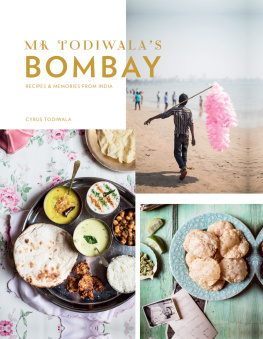
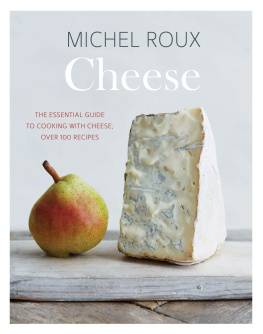
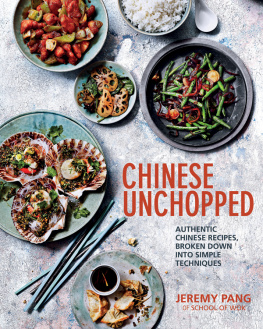
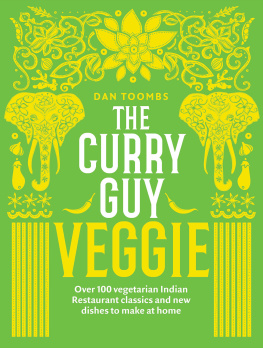
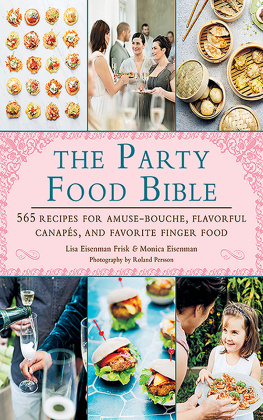
![Lander William - The Quality Chop House: [modern recipes and stories from a London classic]](/uploads/posts/book/166130/thumbs/lander-william-the-quality-chop-house-modern.jpg)